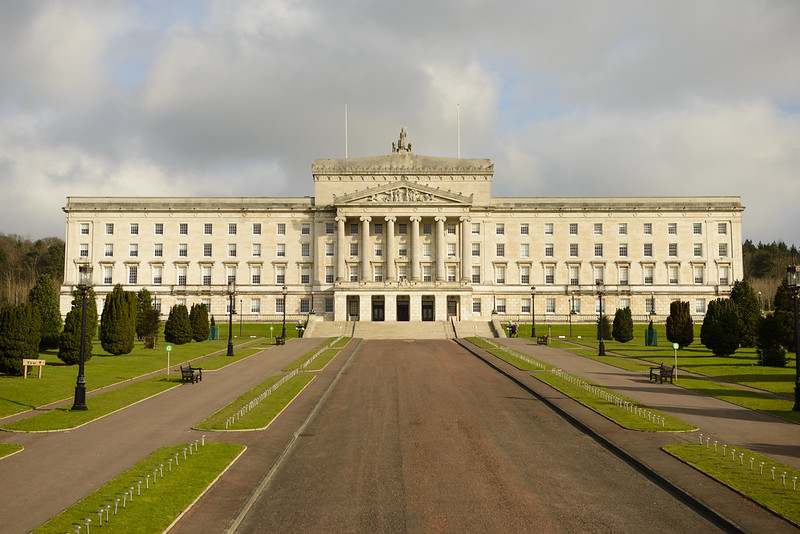A Bill of Rights for Northern Ireland
Professor Colin Harvey looks at how people from all communities have participated in a Bill of Rights process arising from the Good Friday/Belfast Agreement and why there is a growing demand to move on a process that has dragged on for far too long.

There is a human rights project in this region that would make a real and practical difference. But there is a reasonable chance you may never have heard of it or simply forgotten about it. For over twenty years people from all communities have participated in a Bill of Rights process arising from the Good Friday Agreement. Detailed research, expert advice, and extensive public engagement have all shaped the discussions and proposals. Some day soon this work will be given the credit it deserves. An inspirational tale of people across this society striving for something better for everyone.
The Agreement created an expectation that a new human rights framework would emerge. It did not happen; a minimalist approach continues to dominate. The region has never really gone much beyond the starting line. The Northern Ireland Human Rights Commission submitted its advice on a Bill of Rights to the British Government on 10 December 2008. There has been an uneasy stalemate since then, and at times it has simply disappeared from view. The Commission concluded that an ambitious instrument was merited, one that built on the Human Rights Act 1998 and would embrace, for example, socio-economic rights. The Government, and some others, disagreed.
Things looked hopeless until New Decade, New Approach opened a door. It led to the establishment of an Ad Hoc Committee on a Bill of Rights in the Northern Ireland Assembly. And that Committee is now working away, taking evidence and hearing views. What many knew has been once again confirmed. There is still cross-community support for a Bill of Rights, even if that position does not extend to all the political parties. Not for the first time, a majority of people are well ahead of more conservative politicians.
The Committee is due to report in early 2022, and there is a growing demand that this becomes the final phase in a process that has dragged on far too long. Its work takes place in a moment of fear about the plans of the British Government. There are ominous signs from post-Brexit England, and the hostility to human rights within the governing party remains. The promise to ‘repeal and replace’ the Human Rights Act has now become an intention to ‘update’ the legislation. But do not be fooled. Brexit was always part of a larger agenda and its advocates know what they are doing and have mapped out the future they want. They are welcome to it, but people here have different options.
The imperative of holding on to existing gains is absorbing much civic energy. There is also the need to make the most of the protective human rights and equality provision in the Ireland/Northern Ireland Protocol. The obsessive focus on the movement of goods within the UK has obscured the significant other guarantees in the Protocol that will safeguard everyone.
The well-founded worry is that what was simply a floor of basic decency risks being swept away by the harsh winds unleashed by the Brexit project. People are right to stand together in defence of standards that act as foundational pillars of peace. But there is a risk of internalising the politics of withdrawal and letting narrow minds cramp creativity and ambition. That is why it is vital to revisit the mood that propelled the Bill of Rights process and led so many to dream of a better society.
Amidst the anxiety and present gloom this faint note of optimism may jar. But this region is changing. There is a strong desire for something different, a weariness with labels that have constrained and confined public life here and on this island. The harshness of the reaction often tells its own story, of a world that may be fading away and people who are struggling to live with a new mood that is supportive of transformative change. The lazy caricatures of this region are no longer convincing, and a Bill of Rights would match this moment and lend support to those who continue to place the human rights of people first.
The featured image has been used courtesy of a Creative Commons license.




